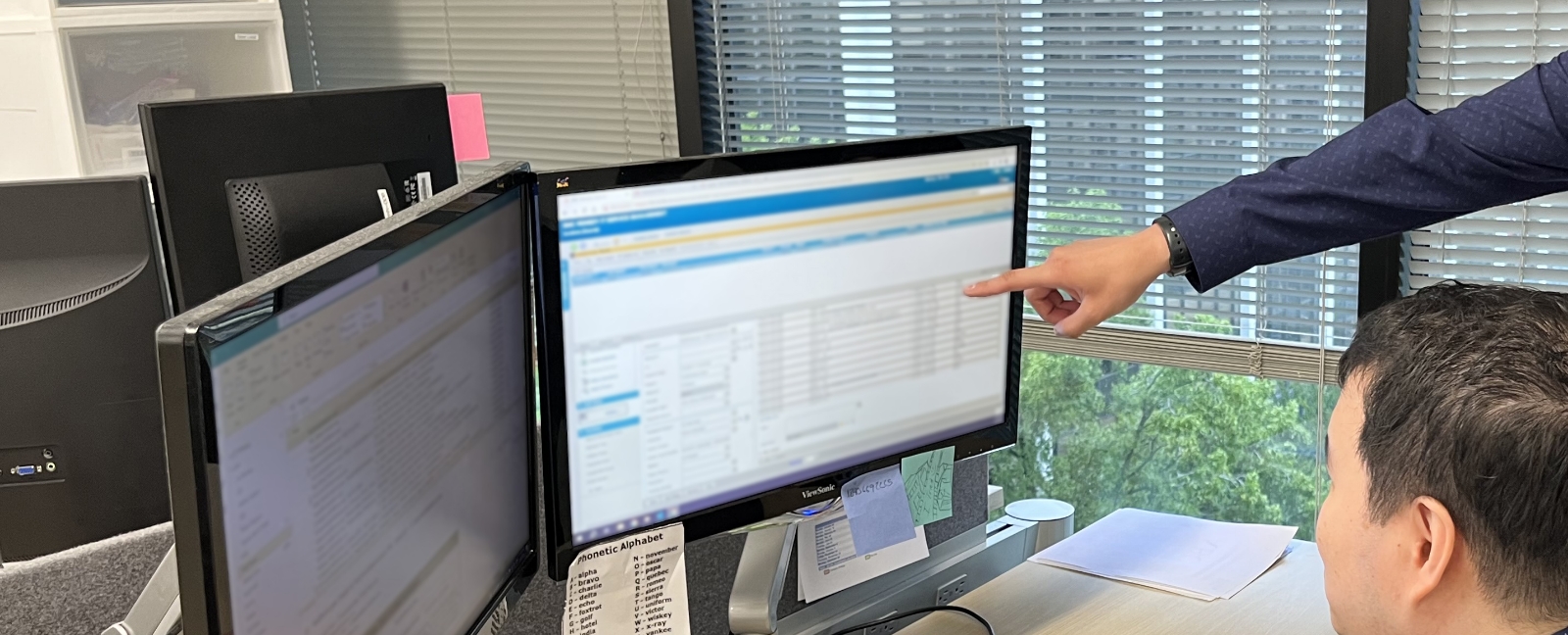Serendipitous Discovery
One of the keys to innovation is systematizing the ability to stumble upon accidental insight. At DSFederal, we make serendipity happen on a regular basis.
One of the keys to innovation is systematizing the ability to stumble upon accidental insight. At DSFederal, we make serendipity happen on a regular basis.
